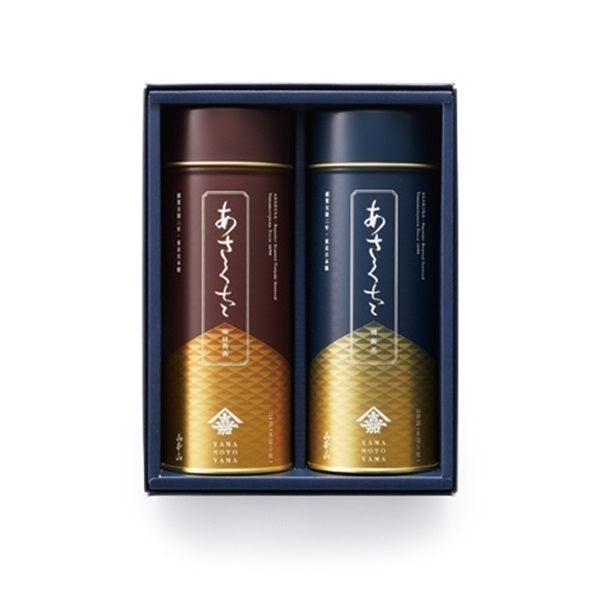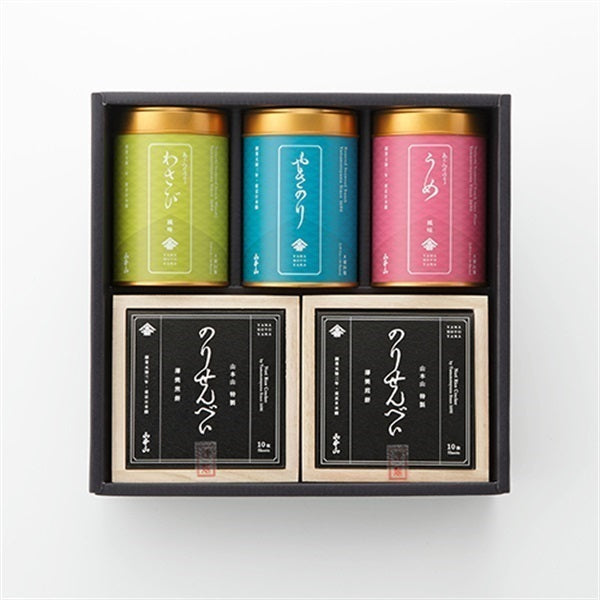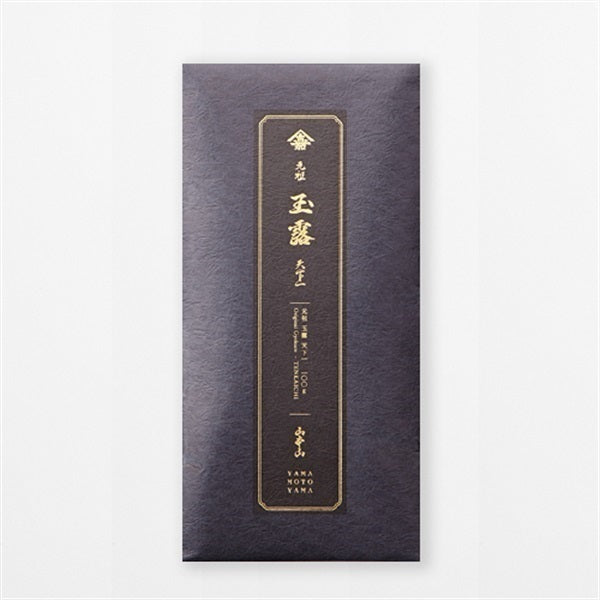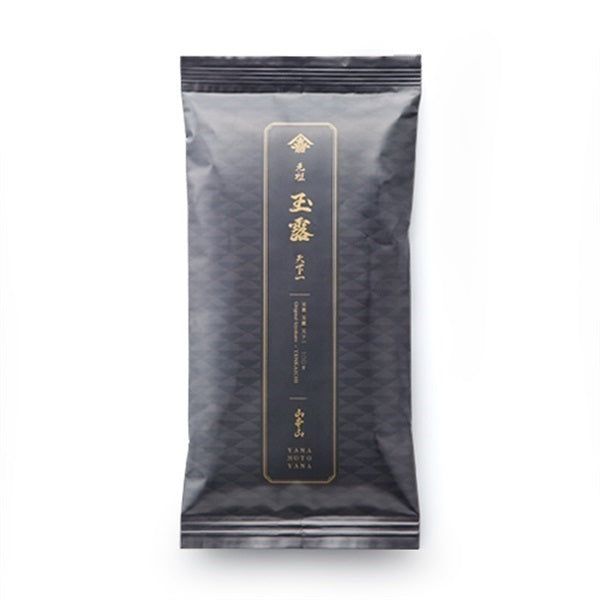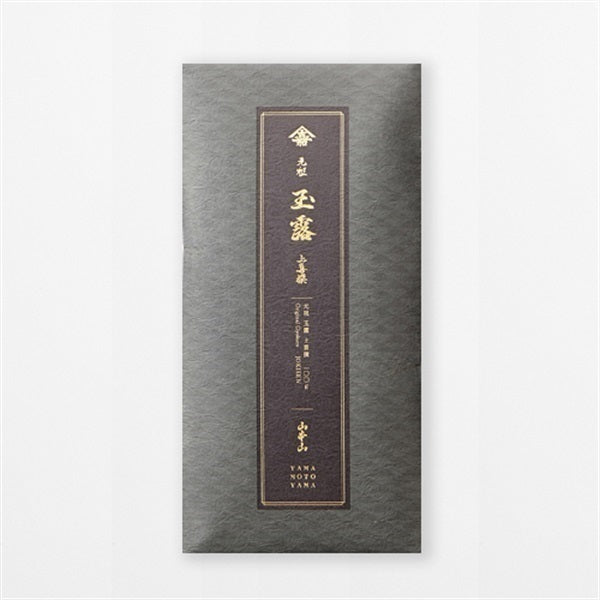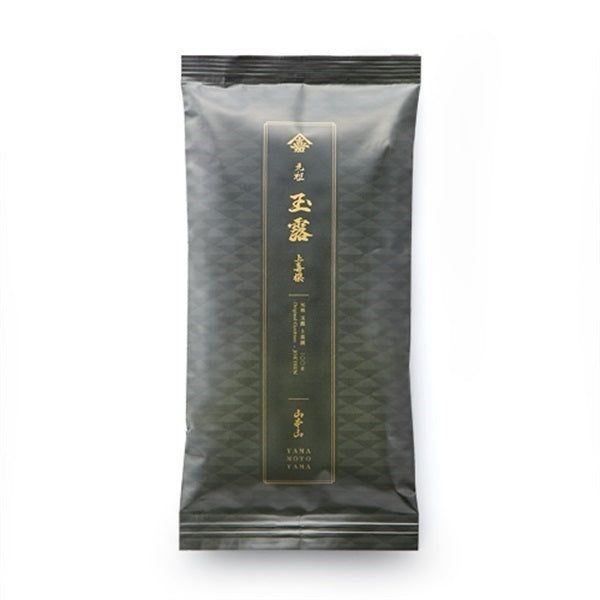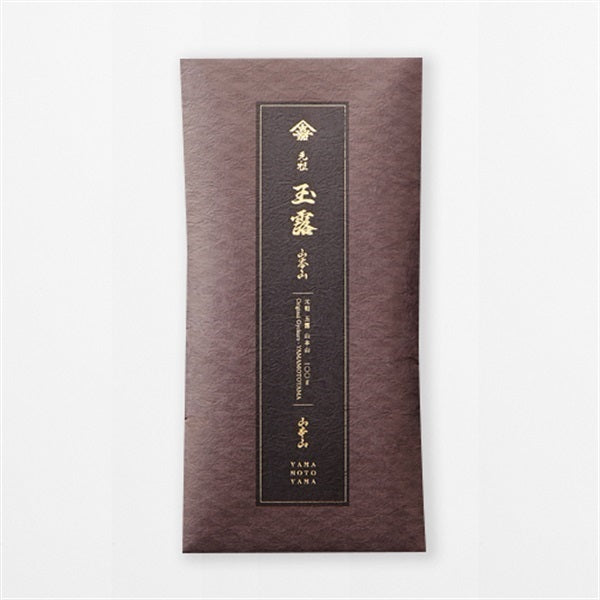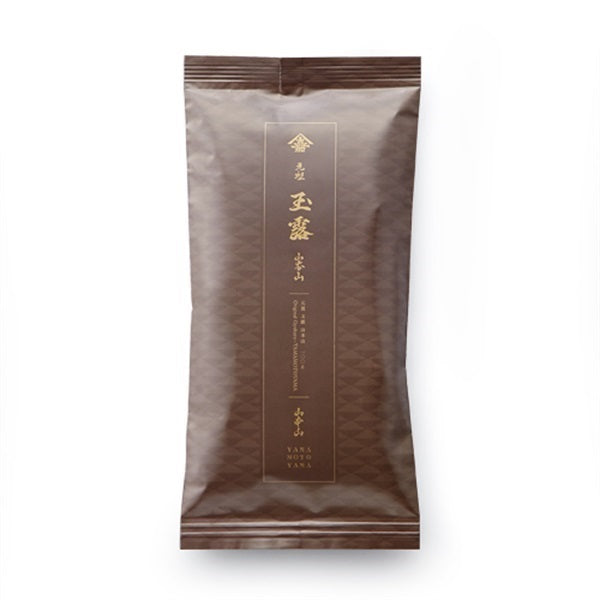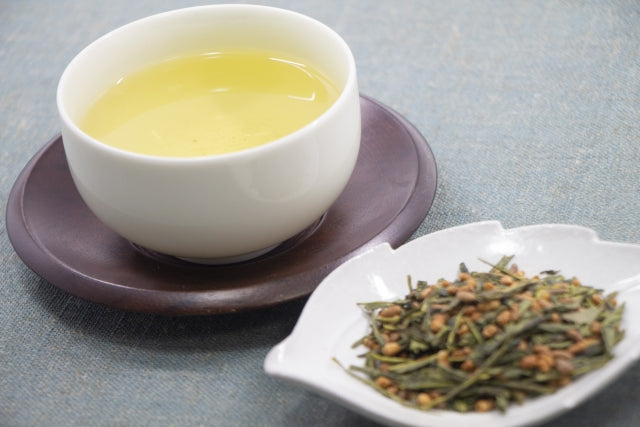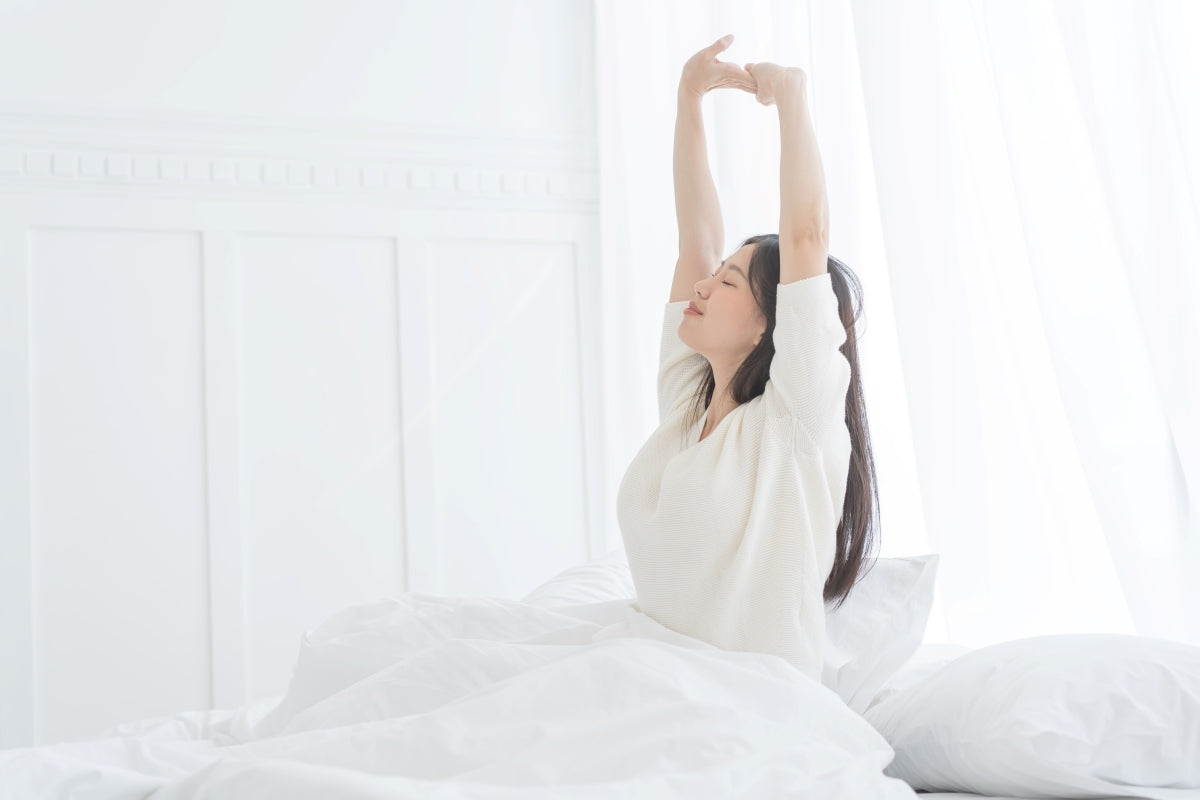
Sleep soundly with green tea! Improve your sleep quality with theanine | 4 recommended green teas
- Introduction
- What is theanine, a component unique to green tea that is good for sleep?
- The mechanism by which theanine improves sleep quality
- Research into the effect of green tea on improving sleep quality
- More and more products using the effects of L-theanine
- 4 types of green tea that are particularly effective in improving sleep quality
- How to drink it effectively
- summary
1. Introduction
Good sleep is essential for maintaining good mental and physical health.
However, in modern society, there are an increasing number of people who are unable to get enough sleep or who feel that they are not getting enough light sleep due to stress and poor lifestyle habits.
Lack of sleep can have a variety of adverse effects, including impaired concentration and memory, a weakened immune system, and an increased risk of lifestyle-related diseases.

That's why green tea is attracting attention.
Because green tea contains caffeine, it is often thought that it may actually have a negative effect on sleep, but this is not necessarily the case.
In fact, it contains a type of amino acid called theanine, which is expected to have the effect of improving sleep quality.
This time, we will explain in detail the effects of green tea on sleep, including scientific evidence.
Get better quality sleep with the help of green tea.

2. What is "theanine," a component unique to green tea that is good for sleep?
Sleep problems vary from person to person; there's insomnia, which means you can't fall asleep at night, waking up multiple times during the night because your sleep is shallow, and waking up early in the morning, which means waking up early in the morning.
Theanine contained in green tea is expected to be effective in resolving various sleep problems.
Theanine is a component unique to tea that was discovered in gyokuro by Japanese researcher Yajiro Sakato in 1950.
It is named "Theanine" after the old scientific name of tea, "Thea sinensis." It is a type of amino acid that is known to have a relaxing effect.
When you take theanine, the alpha waves, which are brain waves that appear when you are in a relaxed state, increase, and the activity of the sympathetic nervous system, which excites the mind and body, is suppressed.
As a result, it has been found that the brain and nerves become relaxed, making it easier to get quality sleep.

3. Mechanism by which theanine improves sleep quality
The mechanism by which theanine improves sleep quality has not yet been fully elucidated, but some studies have reported the following effects:
1. Relaxation
Theanine has the effect of increasing alpha waves in the brain.
Alpha waves are brain waves that are most prevalent when you are in a relaxed state, and it is believed that taking theanine can relieve tension and anxiety and have a relaxing effect.
2. Action on GABA receptors
It has been suggested that theanine may act on GABA receptors in the brain.
GABA is a type of neurotransmitter that suppresses excitement and has a relaxing effect. Theanine may promote the function of GABA by acting on GABA receptors, improving the quality of sleep.
3. Action on glutamate receptors
It has also been reported that theanine may act on glutamate receptors in the brain.
Glutamate is an excitatory neurotransmitter, and excess glutamate can disrupt sleep.
By acting on glutamate receptors, theanine may regulate the function of glutamate and improve sleep quality.

4. Research into the effect of green tea on improving sleep quality
There is a lot of research being done on theanine and its effects on improving sleep quality, but here are some particularly noteworthy studies.
First, a 2019 study on adults suffering from insomnia revealed that taking 200 mg of theanine before bed significantly reduced the time it took to fall asleep compared to a placebo group. *1

A subsequent study conducted in 2011 found that when healthy adult males took 200 mg of theanine before bedtime, their sleep efficiency (the percentage of the total time spent in bed that is spent actually asleep) improved significantly, resulting in deeper, higher quality sleep.*2
In addition, the study also reported that the group that took theanine had less time to wake up during the night and felt more refreshed when they woke up.

As such, theanine is expected to have a multifaceted effect of improving sleep quality based on the results of multiple research studies.
Specifically, it helps you fall asleep faster (shortening sleep latency), reduces awakenings during sleep (improving sleep efficiency), and leads to deeper sleep (improving sleep quality).

Additionally, theanine may help reduce daytime sleepiness and fatigue, relieve stress, and improve cognitive function.
This means that theanine not only improves the quality of your sleep, but also has the potential to contribute to improved daytime performance.
Another major benefit is that, unlike sleeping pills, it does not affect daytime activities.

5. More and more products using the effects of L-theanine
In recent years, many products have been sold that focus on theanine's effect of improving sleep quality.
For example, Morinaga Milk Industry's product "Sleep Improvement" is gaining popularity as a soft drink that improves sleep quality.
In addition, many supplements (functional foods) containing L-theanine have also been released, such as Asahi Group Foods' "Nenite" and glico's "Extra Amino Acid Theanine."

In addition to health foods, a variety of other products have also been released, including bath salts and aroma oils containing theanine.
These products can be easily purchased at drugstores or online stores, making it easy for many people to experience the effects of theanine.

6. 4 types of green tea that are particularly effective in improving sleep quality
- Gyokuro
- Matcha
- Covered tea
- Premium Sencha
If you want to see theanine improve your sleep quality, you'll want to pay attention to the type of tea you choose.
As mentioned above, gyokuro, matcha, kabusecha, and high-grade sencha are recommended because they have a high theanine content.
According to the 2019 edition of the Tea Related Materials, Gyokuro contains 2,650mg of theanine per 100g, and Matcha contains 2,260mg of theanine. On the other hand, regular Sencha contains only 1,280mg/100g, so the content is quite different.

Theanine contained in tea leaves has the property of being converted into catechin when exposed to sunlight.
However, gyokuro and kabusecha are grown using a method called "cover cultivation," which blocks sunlight, allowing them to accumulate large amounts of theanine.
Theanine is also found in large amounts in the new buds of tea leaves. For this reason, new tea made from the first harvest of tea leaves and high-quality sencha tend to contain more theanine than regular sencha or bancha, which is picked later.
To improve the quality of your sleep, choose teas rich in theanine such as gyokuro, matcha, kabusecha, and high-grade sencha.

7. Effective way to drink
If you want to sleep soundly, we recommend drinking cold-brewed green tea, which is rich in theanine, as introduced above.
Brew the four green teas mentioned above with cold water instead of boiling water.
This allows you to consume theanine efficiently while minimizing the amount of caffeine extracted.
Drinking it after dinner or before bedtime can help you relax and get a better night's sleep.

8. Summary
How was it?
In this way, the theanine contained in green tea is expected to have a relaxing effect and improve sleep quality.
In particular, for those who have trouble sleeping, such as those who sleep for short periods of time, have shallow sleep, or wake up in the middle of the night, green tea can be one of the easiest solutions to try.

However, if brewed incorrectly, it may have the opposite effect. If you are drinking it to improve your sleep quality, be sure to brew it with cold water, not boiling water .
Also, the effects of theanine vary from person to person, so if you don't feel any effect from drinking green tea, try other ways to improve your sleep.
The quality of your sleep has a big impact on your daytime activities and health. Try incorporating green tea into your daily routine to help you get a better night's sleep.
*1(Hidese S, Ogawa S, Ota M, et al. Effects of L-theanine administration on stress-related symptoms and cognitive functions in healthy adults: a randomized controlled trial. Nutrients. 2019;11(10):2362.)
*2(White DJ, de Klerk S, Woods W, et al. Anti-Stress, Behavioral and Magnetoencephalography Effects of an L-Theanine-Based Nutrient Drink: A Randomised, Double-Blind, Placebo-Controlled, Crossover Trial. Nutrients. 2016;8(1):53.)

